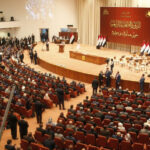Another Voice Silenced: The Arrest of Activist Qaidar Hussein
The arrest of Qaydar Hussein, a young activist from Akre, is yet another blow to freedom of expression in the Kurdistan Region. His only “crime” was sharing a short video on Facebook criticizing the poor quality of a road reconstruction project—an act that, in a democratic society, should be protected, not punished.
In the video, Qaydar rightly questioned how a newly rebuilt road could be so poorly constructed that it wouldn’t last a year. Instead of receiving answers, he was reportedly detained by security forces affiliated with the Kurdistan Democratic Party (KDP). Since his arrest, there has been no news of his condition or whereabouts.
This incident took place on a particularly symbolic day the anniversary of the assassination of Sardasht Osman, a journalist murdered for his bold criticism of the ruling authorities. Just a day before his arrest, Qaidar had shared a video condemning the injustice of Sardasht’s killing. It is widely suspected that this act triggered additional anger from the authorities, leading to his swift detention.
Islam Zebari, a fellow activist and politician in Akre, confirmed that Qaydar was targeted specifically for criticizing the town’s governor. This reinforces what many in the region already know: freedom of speech in the Kurdistan Region is dangerously fragile. Speaking out against government officials or questioning authority is met not with dialogue, but with threats, blackmail, or imprisonment.
The chilling pattern is clear: dissent is criminalized, and criticism is treated as treason. The space for civic engagement, journalistic integrity, and activism is shrinking by the day.
If the Kurdistan Regional Government hopes to build a society based on justice and democratic principles, it must stop silencing its critics and start listening to them. Voices like Qaidar Hussein’s are not enemies of the state—they are the voices of conscience.
The longer these voices are silenced, the more isolated the government becomes from the people it claims to serve.
Author Profile
- Diyar Harki is an independent investigative journalist and human rights advocate. As a member of the National Union of Journalists (NUJ), he focuses on exposing corruption and human rights abuses in Kurdistan and Iraq. He voluntarily contributes to Kurdfile Media.
 Kurdistan18 January 2026Will the Terrorists Be Released?
Kurdistan18 January 2026Will the Terrorists Be Released? Opinion17 January 2026A Risk That Could Reshape the Kurdistan Region
Opinion17 January 2026A Risk That Could Reshape the Kurdistan Region Reports7 January 2026Kurdistan MPs Receive Millions in Salaries as Parliament Remains Paralyzed
Reports7 January 2026Kurdistan MPs Receive Millions in Salaries as Parliament Remains Paralyzed Political3 January 202634% of Kurdish MPs in Iraqi Parliament Lack Arabic Proficiency
Political3 January 202634% of Kurdish MPs in Iraqi Parliament Lack Arabic Proficiency

